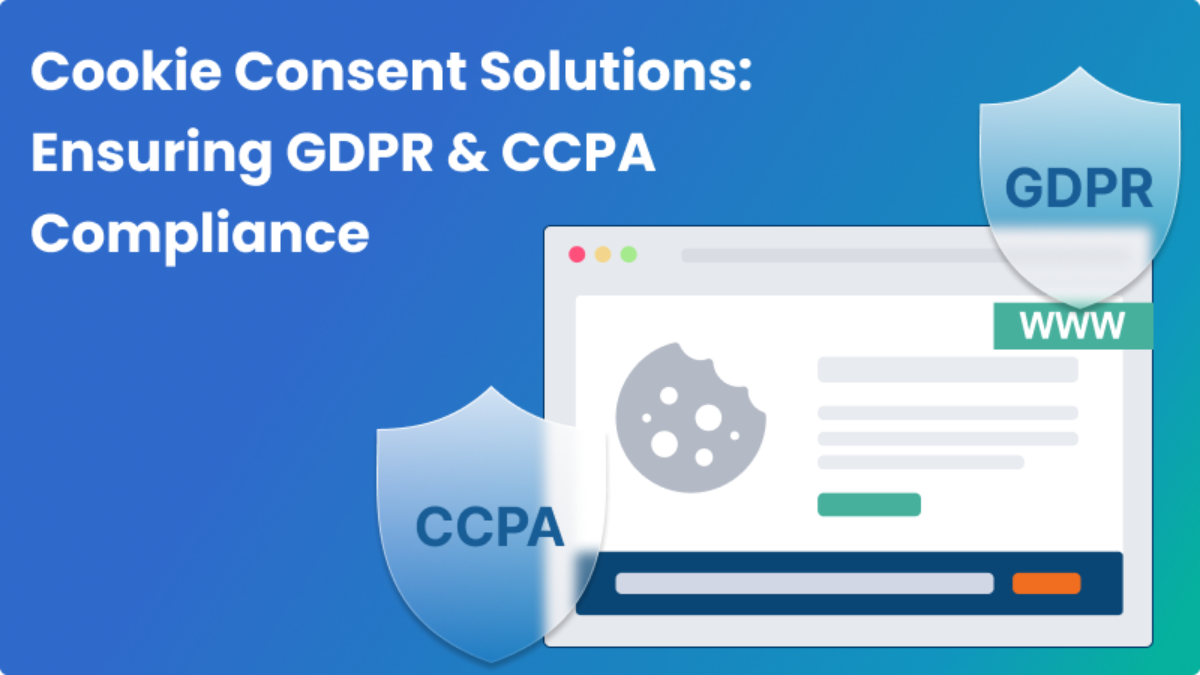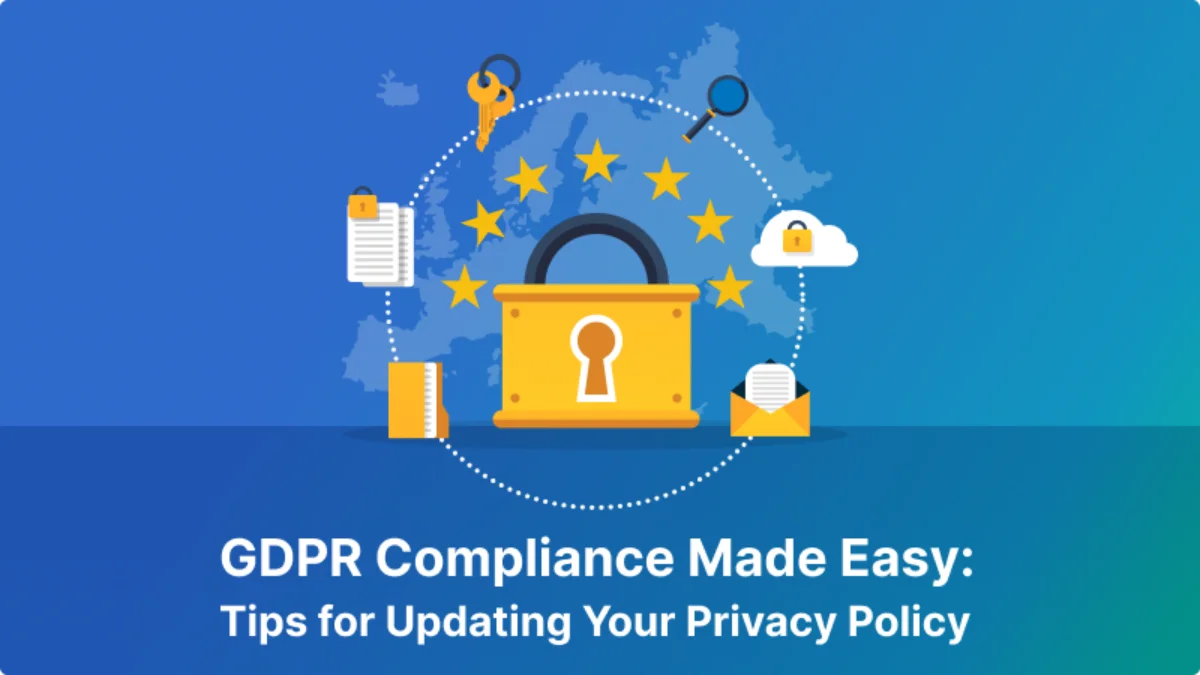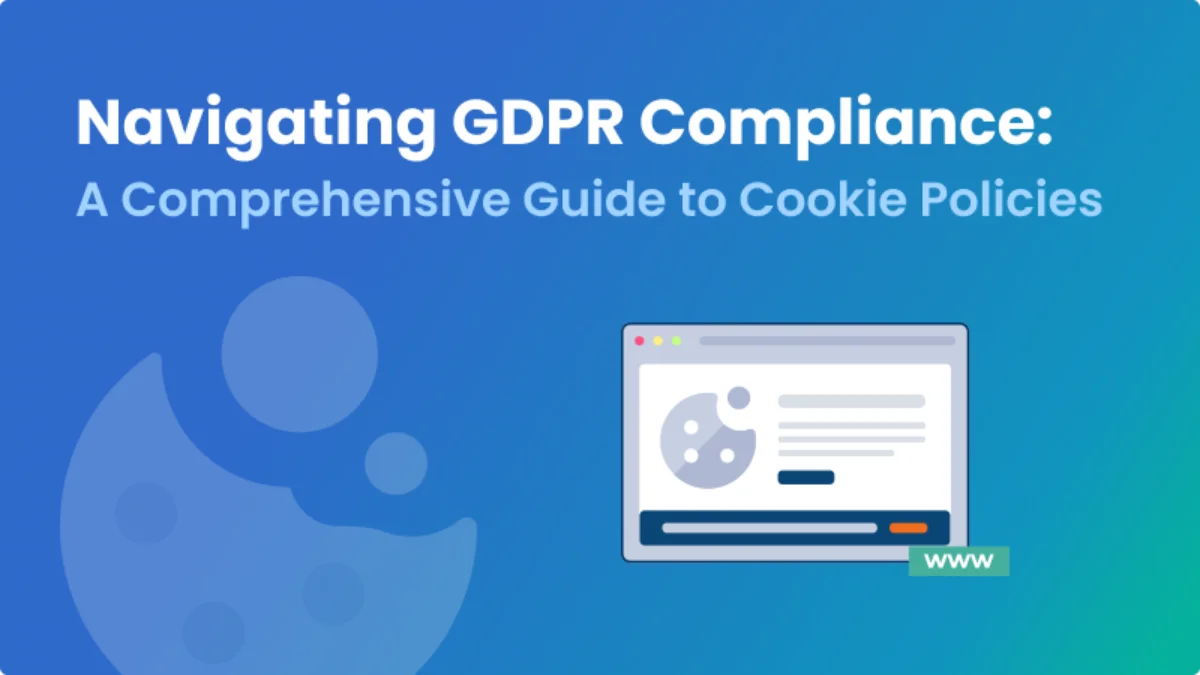Know the difference between GDPR vs CCPA?
Download this whitepaper to know more about the key differences between the provisions of the California Consumer Privacy Act of 2018 (‘CCPA’) (SB-1121 as amended at the time of this publication) and the General Data Protection Regulation (Regulation (EU) 2016/679) (‘GDPR’). Both aim to guarantee data protection to individuals and apply to businesses collecting, using, or sharing consumer data obtained online or offline.

How Mandatly's GDPR Compliance Software Guides Your Journey to Compliance?
Mandatly understands the challenges of operationalizing the privacy compliance program. Mandatly offers a flexible and configurable Privacy Management Software Solution that enables you to operationalize and automate the GDPR compliance program with fast, easy and efficient implementation. Easily meet GDPR requirements with Mandatly, known as the best GDPR compliance software.
Our user-friendly Privacy Management Software Solution helps you navigate and automate GDPR compliance with a quick, simple, and efficient implementation. Stay on track with GDPR, fulfill EU requirements, and enhance your privacy compliance effortlessly using Mandatly’s trusted GDPR management software.
Article (5,24,32 and 35)
(Article 30)
(Article 45-49)
Article (12-23)
(Article 25)
FAQs
The General Data Protection Regulation (GDPR) is a set of regulations imposed by the European Union that aim to protect the personal data of EU citizens. It gives individuals more control over their data and imposes strict obligations on businesses that handle it. Compliance with GDPR is crucial for businesses, as it protects them from costly fines and reputational damage, while also fostering trust with customers.
GDPR applies to any organization that processes the personal data of EU citizens, regardless of the organization’s location. This means that even businesses outside the EU, if they offer services or goods to, or monitor the behavior of, individuals within the EU, must comply with GDPR.
There are several key principles of GDPR that businesses need to follow:
- Lawfulness, fairness, and transparency: All personal data processing must be legal, fair, and transparent.
- Data minimization: Businesses should only collect and process the data that is strictly necessary for their purposes.
- Consent: Individuals must give freely-given, informed, and specific consent to the processing of their personal data.
- Right to access and rectification: Individuals have the right to access and correct their personal data.
- Right to be forgotten: Individuals have the right to request that their personal data be erased.
- Data security: Businesses must implement appropriate technical and organizational measures to protect personal data from unauthorized access, disclosure, alteration, or destruction.
Individuals have a number of rights under GDPR, including the right to:
- Access their personal data
- Rectify inaccurate data
- Erase their data
- Restrict processing of their data
- Object to processing of their data
- Portability of their data
Businesses must have clear procedures in place to respond to these requests promptly and efficiently.
Non-compliance with GDPR can lead to significant consequences, including:
- Fines: Businesses can be fined up to €20 million or 4% of their global annual turnover, whichever is higher.
- Reputational damage: Non-compliance can damage a business’s reputation and lead to a loss of customer trust.
- Legal action: Individuals may take legal action against businesses that violate their data privacy rights.
There are several steps businesses can take to ensure GDPR compliance, including:
- Conducting a data audit to identify all personal data they hold.
- Implementing data protection policies and procedures.
- Appointing a data protection officer.
- Conducting regular data protection training for employees.
- Obtaining valid consent from individuals.
- Providing individuals with easy ways to exercise their data rights.
GDPR is an evolving regulation, and businesses should regularly review and update their compliance measures to ensure they are up-to-date. This can be done annually or more frequently depending on the nature of the business and the changes in the regulation.

















